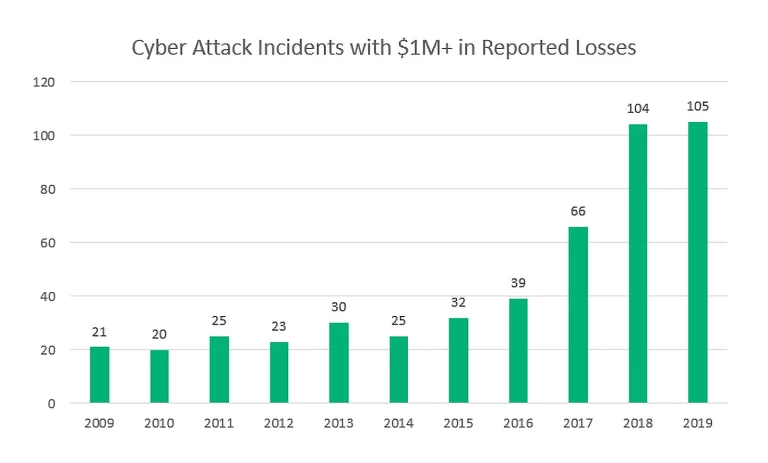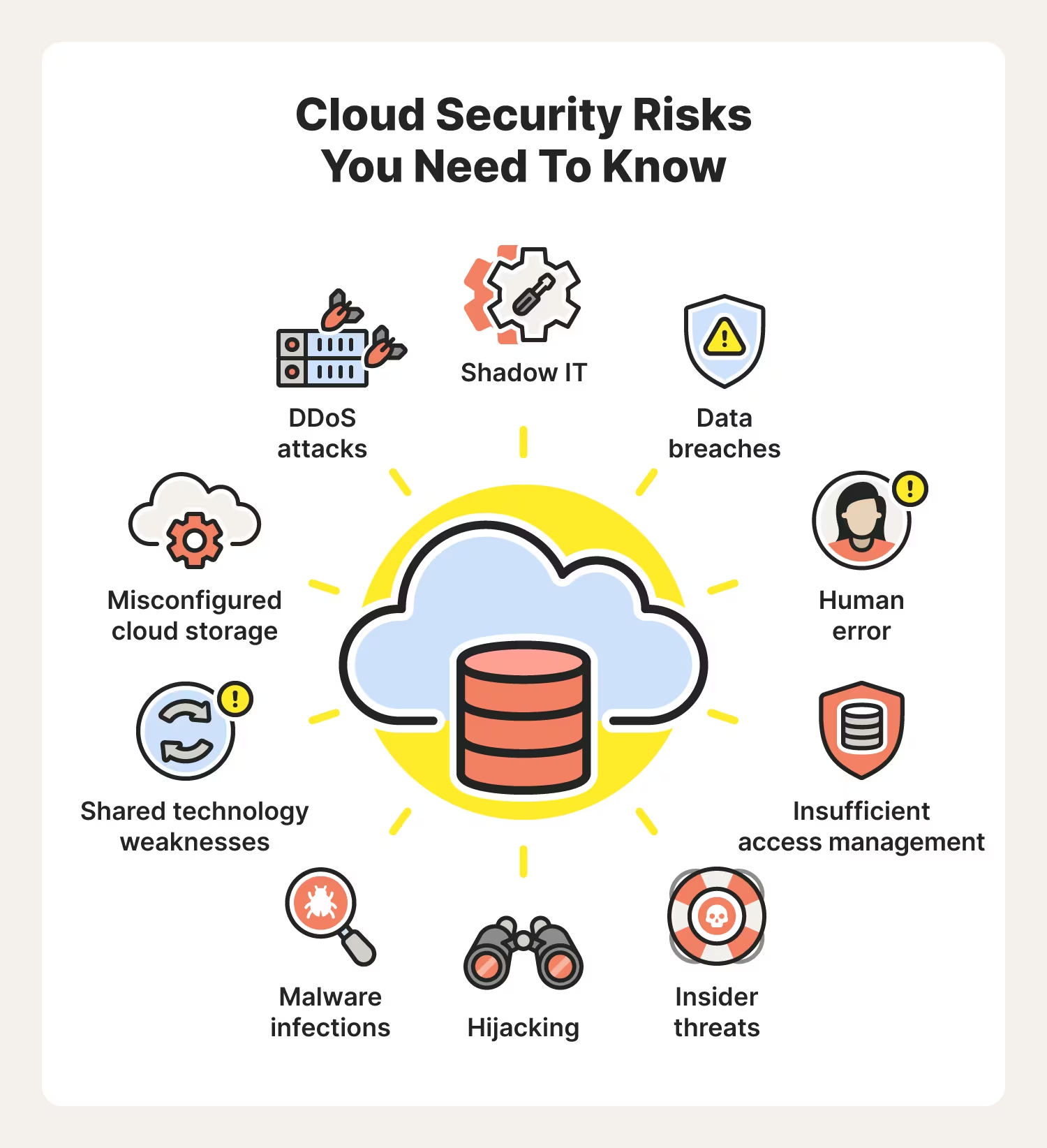What is Cloud Security Posture Management?
Cloud Security Posture Management (CSPM) has emerged as an extremely useful tool that companies can use to enhance their overall cybersecurity. But what is it?
In a nutshell, CSPM automates the identification and remediation of security risks across cloud infrastructures, including:
- Infrastructure as a Service (IaaS)
- Software as a Service (SaaS)
- Platform as a Service (PaaS)
CSPM has many uses, including:
- Risk visualization and assessment
- Incident response
- Compliance monitoring
- DevOps integration
- Uniformly applying best practices for cloud security to hybrid, multi-cloud, and container environments
To better understand what CSPM is, we need to examine why it’s important, what its benefits are, and how it works.
The Importance of CSPM
During the day, a cloud network may connect and disconnect from hundreds (perhaps even thousands) of other networks. This is what makes clouds dynamic and powerful, but also presents security risks. And as the adoption of cloud-based solutions becomes the norm, the issue of securing them becomes ever more pressing.
The greatest vulnerability of the cloud is a lack of visibility. In environments as complex and dynamic as the typical enterprise cloud, there are hundreds of thousands of instances and accounts — trying to figure out what or who is doing what can only be achieved through automation.
Without that in place, vulnerabilities resulting from misconfigurations can remain undetected for days or weeks, or until there is a data breach (which could be severe).
One simple misconfiguration could expose an organization’s most sensitive data, leading to devastating financial and reputational consequences.
Unfortunately, you can’t simply work harder to avoid misconfigurations. The intrinsic nature of the cloud entails misconfiguration risk. The cloud is constantly evolving with new resources, services, and technologies that may be outside the expertise of an internal IT team. In addition, cloud environments are becoming so large and complex that IT staff often struggle to manage them, making it easier for a permission error to occur or to lose track of critical assets.
CSPM, however, addresses these issues by continuously monitoring security risks through prevention, detection, response, and prediction of where a risk may crop up next.
The Advantages of CSPM
To outline the benefits of CSPM, we first need to note that there are two types of risk: intentional and unintentional. Most cloud security programs address the intentional – those risks that come from outside threat actors and malicious insiders. But unintentional risks can be just as serious, leaving sensitive data exposed to the public and causing potentially massive damage in the process.
For example, in November 2020 at least 10 million files containing sensitive data belonging to travelers and travel agents were exposed. This happened because they were stored in an improperly configured S3 bucket. This is just one instance of many high-profile leaks that have impacted some of the biggest names in business and government over the past few years.
CSPM tackles accidental vulnerabilities like these by providing unified visibility across multi-cloud environments; so you don’t need to check multiple consoles and normalize data from different vendors. This way, you can prevent misconfigurations automatically, thereby significantly enhancing your efficiency, leaving your IT team with more time to focus on high-priority tasks.
CSPM reduces what is known as alert fatigue, since the alerts come through one system rather than multiple systems, with false positives reduced through the use of artificial intelligence (AI). This also helps to improve security operations center (SOC) productivity.
CSPM continuously monitors and assesses the environment for adherence to compliance policies, so when any divergence from these policies is detected corrective actions can occur automatically.
CSPM uncovers hidden threats through its continuous scans of the entire infrastructure — and quick detection means less time is needed for remediation.
Understanding How CSPM Works
Here are the keys to understanding how CSPM works::
- Discovery and visibility: Users access a single source of truth across multi-cloud environments. Your team can discover cloud resources automatically upon deployment, including misconfigurations, networking, metadata, and change activity. CSPM also allows you to manage security group policies across accounts, projects, regions, and virtual networks through a single console.
- Misconfiguration management and remediation: CSPM compares cloud application configurations to industry and organizational standards so that violations can be picked up on and corrected in real-time. Using CSPM allows you to fix misconfigurations, open IP ports, and unauthorized misconfigurations with guided remediation and guardrails. CSPM also monitors storage, ensuring that proper permissions are always in place and sensitive data is never leaked to the public.
- Continuous threat detection: CSPM is constantly working to detect threats, such as unauthorized access to cloud resources, and reduces the number of alerts with a focus on the areas that threat actors are most likely to exploit.
- DevSecOps integration: CSPM provides centralized visibility and control over all cloud resources. This means security operations and DevOps teams get a single source of truth. CSPM should also integrate with DevOps toolsets that are already in use, enabling faster remediation and response within the DevOps toolset. Furthermore, the reporting and dashboards offered by CSPM provide a shared understanding across security operations, DevOps, and infrastructure teams.
CSPM offers a number of benefits to any organization that relies on cloud or hybrid environments for its operations, which is becoming more and more commonplace.
If you want to use the cloud as securely as possible, then you should consider investing in CSPM – it will be worth it in the long run.
Cyberlocke is a comprehensive, full-service IT services provider that architects and implements efficient and secure solutions for enterprise customers and their data centers. We specialize in security, cloud, managed services, and infrastructure consulting. Contact Us today to learn more.


